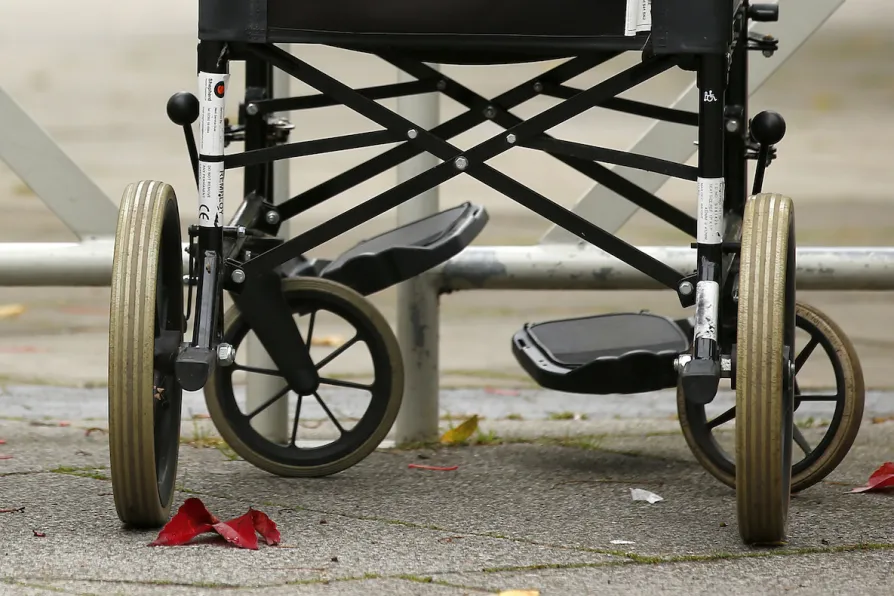

FAMILY members caring for disabled loved ones are under “incredible” pressure that leads to many becoming burnt out, research has revealed.
On average, they spend 42 hours a week providing support for disabled relatives, performing tasks such as feeding, dressing, lifting and giving medication, according to a study by the Sense charity.
Some 33 per cent spend more than 48 hours providing care, while one in six spend more than 72 hours on such tasks.
More than a third of carers say they do not receive any support enabling them to take a break and 65 per cent say they are exhausted, with one in five unable to remember the last time they had time off.
Carers commonly use the time in which they are not providing direct support to catch up on household tasks such as cleaning or to do paid work.
The coronavirus pandemic and the cost-of-living crisis has made the situation worse, the charity said, calling on the government increase long-term investment in respite services to support families.
John Glover, 56, said that he and his wife provide non-stop care for his 34-year-old daughter Vicki, who has Dravet syndrome, as she has no sense of danger and must be monitored at all times.
The couple take it in turns to sleep at night.
Mr Clover said: “You can’t go to the toilet, you can’t get a drink, you have to be in the room with her.
“I even missed my other daughter’s wedding because there was no respite available.”
The family had a full week of respite per year until 2020, but the support stopped during the pandemic.
Services offering temporary care are available to families, but the support available varies widely across the country and some services that were paused during the pandemic have not resumed, Sense said.
Carers cite affordability as the biggest barrier preventing them from accessing respite services, followed by a lack of clear information on what support is available and long waiting lists.
They also say that services do not meet the needs of the person they care for, while other factors include restrictive eligibility criteria and transport costs.
Sense chief executive Richard Kramer said that carers are taking on even greater responsibilities and receiving less support, with their health and wellbeing suffering as a result.
“Many are simply burnt out,” he said.
“Local and national government must commit long-term resources and funding to support families.”

Home Secretary Cooper confirms plans to ban the group and claims its peaceful activists ‘meet the legal threshold under the Terrorism Act 2000’

US president says his nation might join forces with Israel in attacking Iran
















